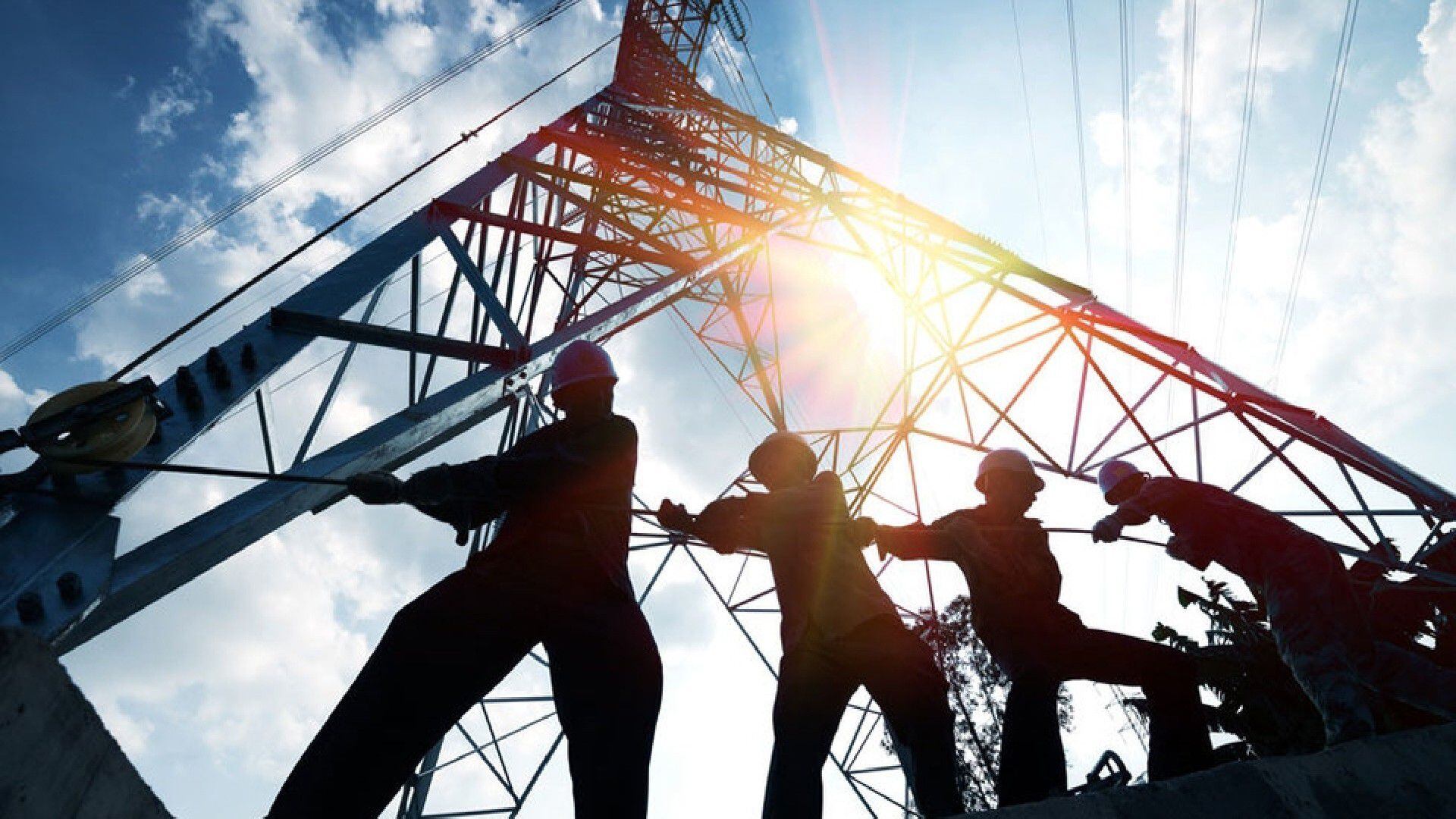
On Monday, March 28, the discussion of the ruling on the Electricity Reform of Andrés Manuel López Obrador (AMLO) began in the United Committees on Energy and Constitutional Points of the Chamber of Deputies, which stipulated the delivery times of the final text that will be put to the vote both in committees and in the Plenary of Saint Lazarus.
Manuel Rodríguez, president of the Energy Commission, after leaving the work table installed, gave a brief statement to the media in which he pointed out different points, but the most important one to highlight at the juncture is that the initiative will be subject to change by virtue of convincing opponents parliamentarians and that the reform should be adopted.
According to his statements, the standard-bearer of the National Regeneration Movement (Morena) said that he hopes to have the ruling made between 13 and 16 April, and then proceed with the vote in the united committees and, finally, take it to the plenary so that all parliamentary factions can set their positions and vote accordingly.
Rodríguez González recalled that with the parties promoting the so-called 4Q: Morena, the Labour Party (PT) and the Green Ecologist Party of Mexico (PVEM), in the Chamber of Deputies, they gather 277 votes out of the 334 they need to approve the presidential initiative, so they must convince 60 more deputies.
In order to achieve this task, he recalled that parliamentary times have been exceeded, since the initiative, which came from the federal executive, has six months in San Lázaro, and that the decision process had to begin with the ruling process on all three. In this regard, he recalled that the Political Coordination Board (Jucopo) organized the Open Parliament in which numerous panelists expressed their positions, both for and against, the AMLO Electricity Reform.
The Morenista argued that these types of dynamics are implemented to expand the initial legislation, which ignited the red spotlight on large private investors in the industry and political parties that promote an economic model based on the free market. So the benches of the PAN, PRD and MC were resolutely against the initiative.
“They don't go (the opponents) if there are no such or that contributions,” he said during the chacaleo, “I am telling you that there will be contributions, I don't want to get ahead of myself, because today, we are just starting that process of ruling.”

In this regard, he reiterated that these modifications will be made without changing the “original spirit of the initiative” of the Electricity Reform. In detail, he explained that what is irremovable in the legislation is that the Federal Electricity Commission (CFE) is the one who has a 54% stake in the sector and that lithium belongs to the Mexican State.
In exchange, the Morenista reaffirmed his commitment to ensure that 46% of the industry remains in the hands of the private sector and that the sector grows to 6% annually. It should be remembered that the market for the entire electricity sector in Mexico is 6.3 billion pesos, which means that 2.9 trillion pesos of this would belong to private companies, which will increase to 6% per year.
Finally, Manuel Rodríguez gave specifications of the legislative process being carried out within the committees, where he highlighted the division of powers in the federation, since someone asked him about the position that AMLO would have in the face of the alteration of the initiative that was drafted by the executive.
He also denied any non-parliamentary negotiations with the PRI militancy, which has not set a critical stance, this because they argued him about the possibility of Morena offering candidates or high-ranking positions to the deputies of the Institutional Revolutionary Party to approve the Electricity Reform; without However, the chairman of the Commission held that only reason will be appealed.
KEEP READING:
Últimas Noticias
Debanhi Escobar: they secured the motel where she was found lifeless in a cistern

The oldest person in the world died at the age of 119

Macabre find in CDMX: they left a body bagged and tied in a taxi
The eagles of America will face Manchester City in a duel of legends. Here are the details

Why is it good to bring dogs out to know the world when they are puppies




